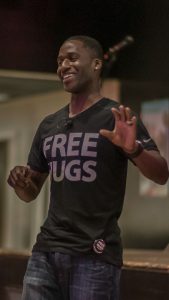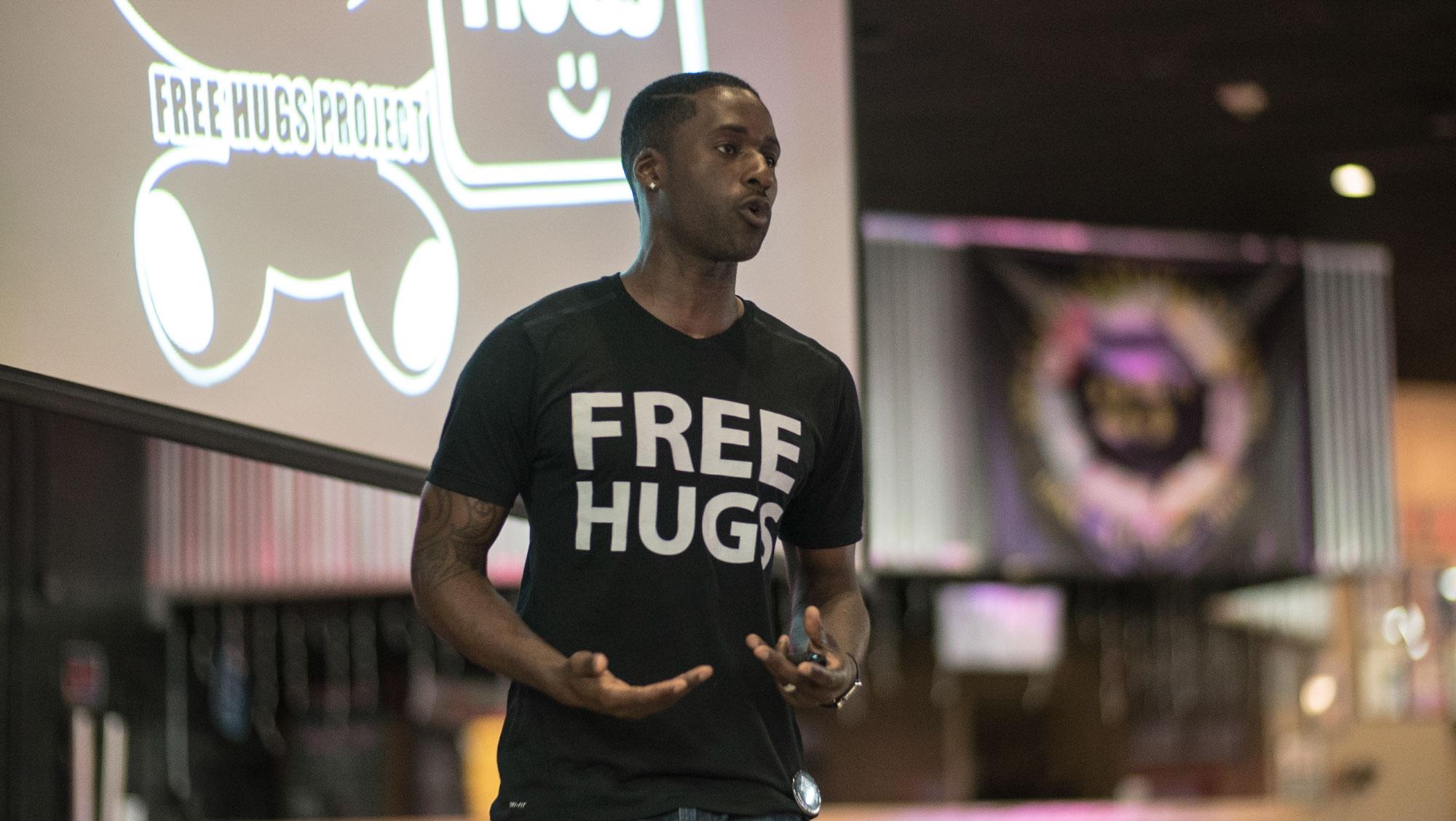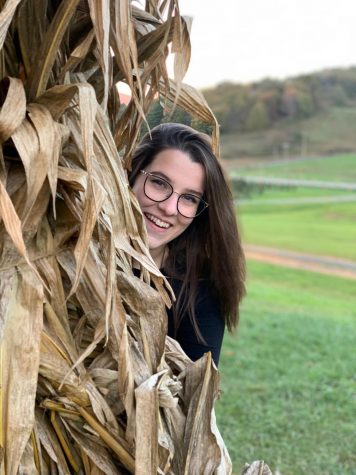Throughout this past week, Appalachian faculty and students have been educated about first amendment rights and freedom of speech in the Say What? Free Speech Summit.
The event spanned from March 23 through 31 and involved several talks and art exhibitions about various aspects of free speech.
The panel that arranged all of the events that took place was made up of members of the Student Development council to department chairs as well as higher ups such as Dean of Students J.J. Brown, among others.
Each talk and exhibition was purposefully very different from one another. This diverse group of speakers came into the summit in various ways, Phillip Ardoin, the chair of the Government and Justice Studies Department, said.
Some got involved by being friends of different board members, whereas others were just well known individuals who were knowledgeable about the subject of free speech, Ardoin said.
It wasn’t just faculty members involved in bringing in individuals to give presentations. The Appalachian Popular Programming Society Cultural Awareness and Student Engagement Council was involved in bringing in Ken Nwadike, the founder of the Free Hugs Project, to campus.
After CASE brought in Ebony Stewart last semester, the university contacted them about bringing in someone similar for the free speech summit. After discovering Nwadike’s videos, she suggested that CASE bring him to Appalachian’s campus.
Stephanie Smith, chair for the CASE council, was one of the main contributors in bringing Nwadike to campus to speak about his Free Hugs Project and the work he’s done in hostile and violent protest situations.

After watching Nwadike’s “Charlotte Rise” video where he enters Charlotte during the violent protests this last summer, CASE decided he would be the perfect person to come speak on campus, Smith said.
During his speech, Nwadike spoke about how his homeless childhood, supportive friends and loving mother all encouraged him to be an advocate for homeless children in his California community.
After the Boston bombing in 2013, Nwadike felt it was so important to run in the Boston Marathon in solidarity for the sport of running. After just barely not qualifying for the race, Nwadike still felt that love was an important message, and flew to Boston to give free hugs during the event.
Eventually his free hugs turned into a symbol of peace and love, and now Nwadike travels around the nation, going into hostile activist situations to encourage peace and conversation.
His speech stressed the importance of nonviolent activism and how much more effective it is in getting one’s point across.
Robert Shibley, executive of the organization Foundation for Individuals Rights in Education, was another individual who gave a talk about free speech on campus, and who provided more of a conservative stance on free speech.
“I was familiar with FIRE because they are a leading group on the other end of things,” Ardoin said. “FIRE is typically coming from the right with a lot of the cases they become involved in and the issues that come from the conservative end of the spectrum.”
Shibley said FIRE “defends free speech, due process and other rights on campuses.”
The organization not only takes up court cases to protect students’ first amendment rights, but also ranks each school in the nation on their speech codes and ability to uphold the first amendment on campuses.
Their rating system involves three light colors: red, yellow and green, depending on how FIRE feels about the university’s policy.
When FIRE first came into existence, most of the schools were considered red. Now, the majority of schools, including Appalachian State, are yellow, Shibley said.
Appalachian State was considered a yellow school because of the vagueness in our harassment and use of technology policies.
One of the administrators after the FIRE event approached Shibley, and he said that after the talk, he was going to go back and reevaluate some of Appalachian State’s policies in the future, Ardoin said.
The administrator wasn’t the only one who learned things from the speech summit.
“As a teacher of American government I’m familiar with the legal ramifications,” Ardoin said. “What I learned was how uninformed people are.”
There was also a sense of tolerance that was gained through this event.
“When we’re talking about an issue, we need to listen respectfully and understand the other side,” Ardoin said. “That, at least for me, was something this week helped bring to my attention.”
Although the event was informative to those that attended, there was one disappointment about the event as a whole.
“I’m surprised that the attendance at these events weren’t as high as I thought and I was somewhat disappointed,” Ardoin said.
The administration hopes to hold more events like the free speech summit next fall during Constitution Day, as well as possibly another summit in the spring, Ardoin said.
Story by: Mariah Reneau, A&E Reporter
Photos courtesy of APPs


